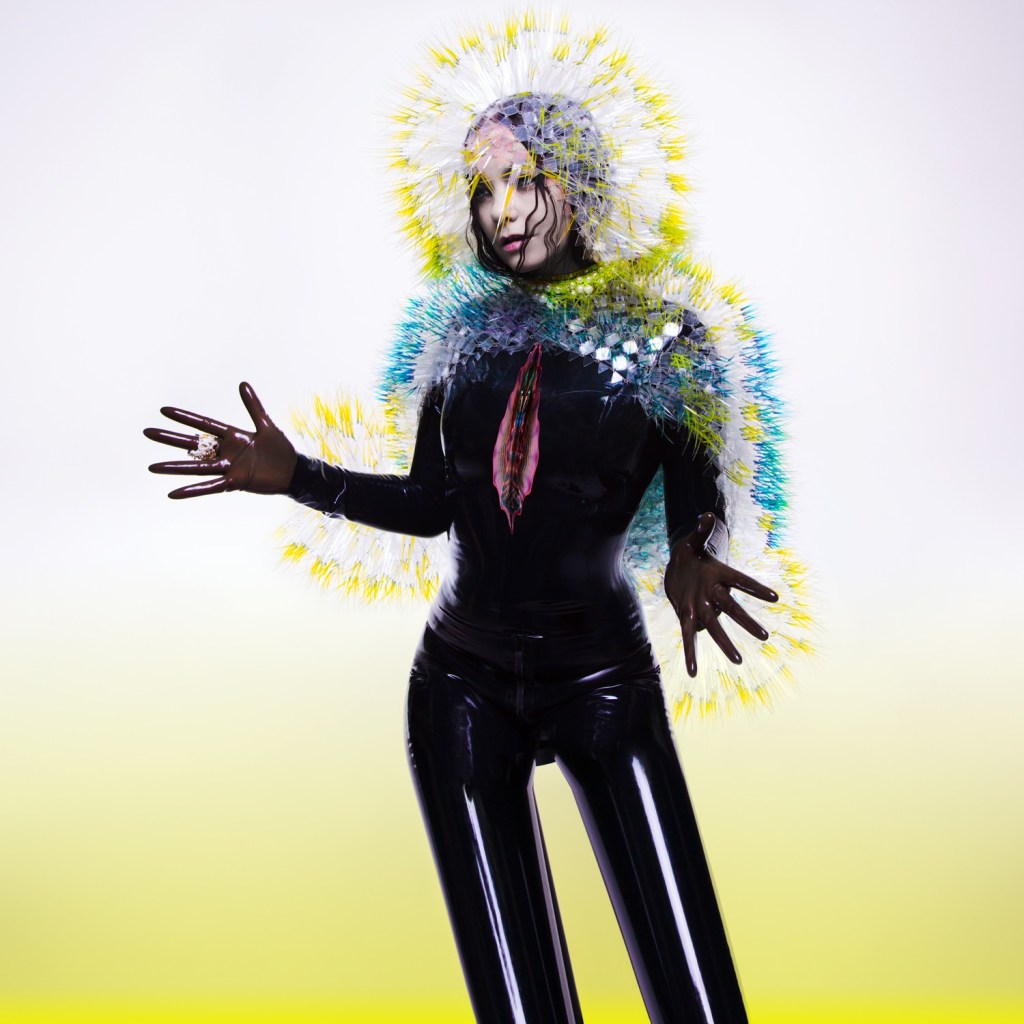From complex meditations on nature and technology to a piece of raw emotion. This is the journey Björk makes between her last album and multimedia project, Biophilia, and her new offering, Vulnicura.
This is a break-up album. Not any break-up album; one documenting the dissolution of a decades-long relationship and reflecting on how it will affect the daughter in the midst of it.…











